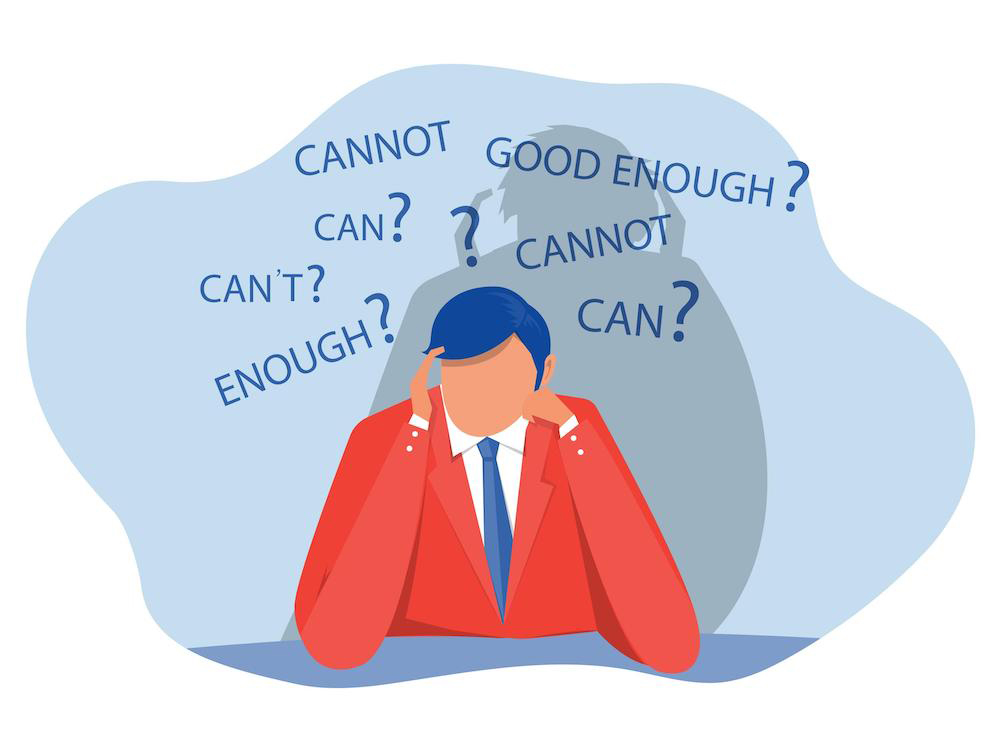Relationships
03 Nov Did You Know: What Grants Can and Cannot Pay For? by Roxanne Jensen, Ed.S., GPC
Posted at 22:57h
in Competency Eight, Competency Five, Competency Four, Grants Management, Program Design, Relationships, Roxanne Jensen, ED. SPEC., Strategy, Uncategorized
In working with nonprofit organizations, I have been a part of numerous conversations with organizational leadership who have seen grants as the solution to all their revenue shortfalls.
Grants are part of the revenue mix for many nonprofit organizations, providing a source of funding for various projects. However, grant recipients need to have a clear understanding of what grants can and cannot pay for as they build this revenue into their budgets. Let us explore the possibilities and limitations of grant funding.
27 Oct Don’t Get Ghosted: How to Follow Up After Submitting a Grant By: Kellie Brungard, GPC
Funder relations can sometimes feel tricky to navigate. Is it okay to reach out? What’s an appropriate amount of time to wait? It’s important to remember that funders are people, too. Even though they hold the purse strings, you can approach them respectfully unless the opportunity prohibits them from talking individually with applicants. Let’s discuss timing, communication strategies, and what to do if you get ghosted.29 Sep How to Find an External Evaluator By: AGS Grant Staff
Posted at 18:00h
in AGS Staff, Competency Eight, Competency Five, Competency Four, Evaluation, Grant Reporting, Grants Management, Relationships
Many organizations lack the qualified staff to conduct a program evaluation. While some organizations do have the capacity and expertise, many need to contract with an external evaluator for one or several reasons. For instance, using an external evaluator can be more economical and efficient, can provide a more credible report due to objectivity, and is sometimes a grant requirement.
16 Jun You CAN Evaluate Your Program! How to Gather Data through Observation By: AGS Staff
Posted at 21:59h
in Competency Eight, Competency Five, Competency Four, Evaluation, Grant Reporting, Program Development, Relationships
Observation is a method to gather data by watching events or behaviors that can give information beyond what you can draw from numbers and is helpful in several situations:
- To collect data that is unavailable through other methods. People are sometimes unable or unwilling to participate in surveys or interviews.
- To understand an ongoing situation or process. For example, you want to identify efficiencies/inefficiencies in the process of college registration process as students meet with advisors to create a semester schedule.
- To know more about a physical setting. For example, you want to determine if a residential rehabilitation center’s facilities are conducive to recovery.
- To understand more about interactions. For example, you want to determine if a motivational guest speaker sparks interest in at-risk youth in a college preparatory program.
09 Jun You CAN Evaluate Your Program! How to Conduct an Environmental Scan and Needs Analysis By: AGS Staff
Posted at 18:00h
in Competency Eight, Competency Five, Competency Four, Evaluation, Grants Management, Relationships
Have you been tasked with evaluating a program and don’t know where to begin? If so, you aren’t alone. Many people struggle with program evaluation. This new three-part series on evaluation will prepare you to design and implement a strong evaluation comprised of quantitative and qualitative data analysis. You will also understand how to secure a third-party evaluator, if you need one. This post focuses on how to conduct an environmental scan and needs assessment.
26 May Imposter Syndrome and Grant Professionals by Megan Campbell, MPA, GPC
It’s not news that grant professionals are often underrecognized for their vast knowledge, technical and subject matter expertise, and contributions to organizational success. It’s also not infrequent that grant professionals are excluded from project planning or meetings with potential funders until late in project development when they are asked to “just” find funding or write a grant. For many individuals, that lack of validation can often be internalized as a lack of acceptance or value. For others, the recognition received is passed on to others they believe are more worthy than themselves. This is especially true for women, BIPOC professionals, and those who have been subjected to microaggressions in their community and workplace (but that’s an entirely separate subject worthy of its own time and space). When highly qualified, high-achieving professionals question their value, competence, or adequacy to successfully perform work that they are 100% capable of performing, it leads to self-doubt, negative self-image, burnout, and workplace toxicity. While not a recognized mental health disorder – you won’t find this in the American Psychiatric Association’s Diagnostic and Statistical Manual of Mental Disorders – the common term for these unfounded feelings of inadequacy is imposter syndrome.22 Apr Blog Title: Are You Listening? Are you REALLY Listening? By Ashley Dooley, GPC
Posted at 06:00h
in Ashley Dooley, GPC, Competency Three, Kellie Brunguard, Program Design, Program Development, Relationships
From a very early age, we are taught to multitask. It seems embedded in the American culture of go-go-go and do-do-do. You may be eating lunch and socializing with friends, or watching a sporting event while taking a business call, or cooking dinner while helping your kids with homework. You probably do not even catch yourself multitasking, because it happens so frequently.
14 Apr Low Hanging Fruit Still Needs Cultivation By: Kellie Brungard, GPC
Posted at 18:00h
in Case Statements, Community, Competency Eight, Culture, Funder Relations, Funding Opportunities, Kellie Brunguard, Relationships
In grant seeking, fundraising professionals sometimes refer to low-hanging fruit as the donors who give year after year with little effort, synonymous with “easy money.” While the term is often tossed around, it can be frustrating to funders and grant professionals. Funders may have fewer requirements to increase accessibility to nonprofits or value the longevity of relationships. The funder is still striving to make an impact in the community. Grant professionals understand the nuances of grant seeking and can see the industry landscape increase in competitiveness as more organizations apply for funding and foundations give conservatively in response to volatile markets. Fundraising strategies that rely on these dollars without stewardship may find themselves in the midst of a drought.
07 Apr Small Nonprofit Blog Series: Grantsmanship: Being a Responsible Grantee by Megan Campbell, MPA, GPC
Posted at 18:00h
in Competency Eight, Competency Five, Grants Management, Megan Campbell, Relationships
 All the time and effort you put into designing a great project and developing a clear, well-written grant proposal has paid off and you’ve received a notice of award from the funder. Now, it’s time to ensure that you are a great steward of the grant funds that you have received.
All the time and effort you put into designing a great project and developing a clear, well-written grant proposal has paid off and you’ve received a notice of award from the funder. Now, it’s time to ensure that you are a great steward of the grant funds that you have received.









